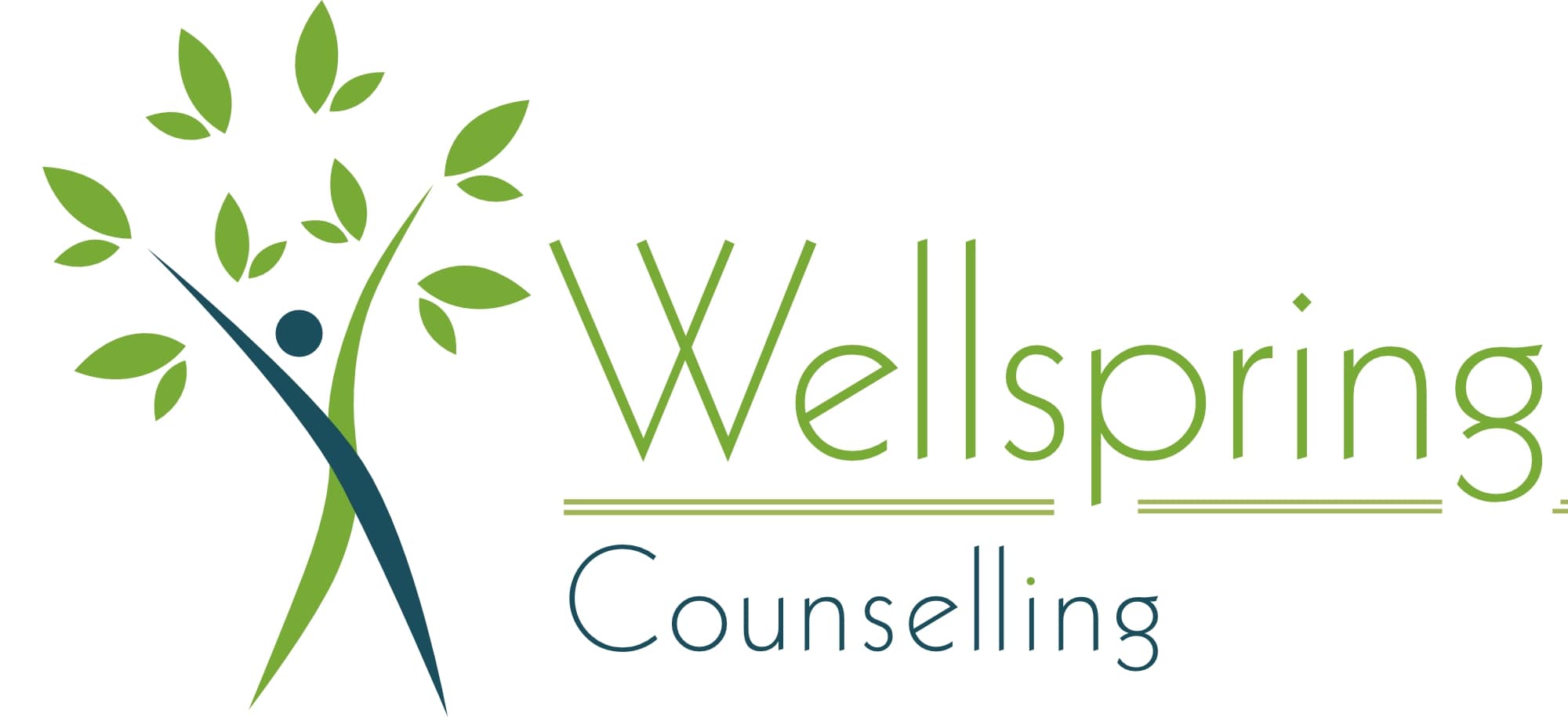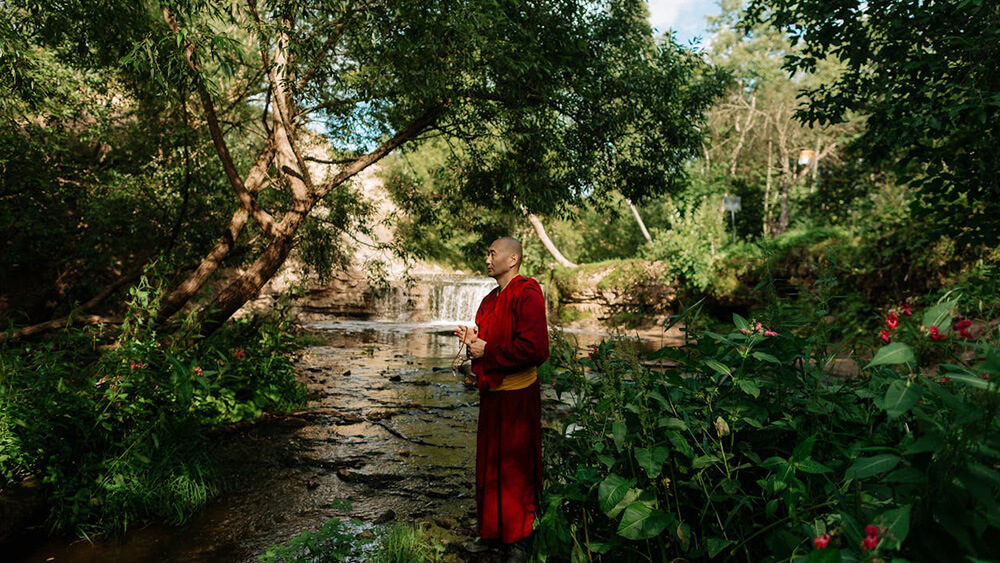Ancient Wisdom, Timeless Principles: A Fulfilling Life
People have always wanted to figure out what makes a good life. They’ve looked at this question in many different ways, like through philosophy, spirituality, and wisdom traditions. These ideas can help us deal with problems, build strong relationships, and reach our full potential.
Below are ten principles derived from various sources, including non-religious ones. They aim to support you in leading a more purposeful life.
Principle 1: The Power of Authenticity
“To thine own self be true.” Whether Shakespeare or rooted in Buddhist “right speech,” authenticity is essential for a fulfilling life. This means:
- Self-Awareness: Think about what matters to you, what you’re good at, and what you love to do. Keeping a journal and practicing mindfulness can be helpful.
- Honest Expression: Make sure your actions reflect your beliefs. This will help you gain trust in yourself and your relationships.
- Embrace Imperfections: Self-compassion helps us grow and reduces our inner critic. We all make mistakes.
Principle 2: Embody Love & Compassion - With Boundaries
Treat others the way you want to be treated. This is called the Golden Rule in Christianity. In Hinduism, “moksha” emphasizes the importance of loving, understanding, and respecting others.
The “Silver Rule” in Confucianism is similar to the Golden Rule. It encourages treating others as you would like to be treated. This subtle difference is vital for promoting harmony with others. Following these practices is essential for living harmoniously.
Keep practicing until it becomes easy for you. Instead of tackling significant challenges immediately, start with minor annoyances. This will make it easier to apply what you’ve learned.
Here are some additional practices to augment the Golden and Silver rules:
- Cultivating Kindness: Helping or cheering others in small ways makes a difference.
- Practicing Empathy: Understanding how others feel is necessary. It helps people connect and reduces arguments.
- Uphold Boundaries: Take care of yourself, it’s okay to say “no” to prioritize self-care and ensure you have the energy and resources to give to others.
Principle 3: Trust Your Inner Wisdom
Our instincts often give us valuable insights. The Taoist principle of “wu-wei” encourages us to rely on this inner guidance. This connection can be meaningful, especially amidst the stunning natural surroundings of Vancouver, which can inspire deep self-reflection.
- Quiet the Mind: Connecting with your inner voice can be achieved by practicing meditation in nature.
- Notice Gut Feelings: Listen to your instincts about a situation by observing what your body tells you.
- Act with Alignment: Trust your gut when making decisions because it brings inner peace.
Principle 4: Technology - Tool or Trap?
How we use technology determines its impact, just like any other tool. Judaism’s “tikkun olam“ reminds us of our responsibility:
- Mindful Consumption: Remember to limit your time looking at screens and take regular breaks from technology throughout the day.
- Positive Creation: Stay connected with technology to keep in touch with loved ones, learn new things, and share your creative work.
- Protect the Young: Be cautious of the dangers of the internet, particularly for children, and set a good example by using technology responsibly.
Principle 5: Release Prejudices, Embrace Unity
Prejudices divide and limit our ability to grow. In Islam, the concept of “tawhid” emphasizes the inherent value of each person. Let’s practice:
- Challenge Biases: When you are judgmental, ask if it’s true.
- Seek Diverse Perspectives: Read, travel, or engage with people from different backgrounds to expand your understanding. It can help you break down barriers.
- Celebrate Commonalities: Our shared humanity connects us more profoundly than exterior differences.
Principle 6: Your Thoughts Shape Your World
We understand that our thoughts can indirectly influence our behavior and how we see the world, from Native American tradition to modern affirmations. While our thoughts don’t directly shape the world, they affect it through our frames, assumptions, and references.
- Mindful Self-Talk: Do you treat yourself kindly or are you too critical? How you view yourself affects how you see others and the world. Your thoughts and expectations influence your actions.
- Visualization: Visualizing your goals helps your brain generate creative ideas, solutions, and plans.
- Gratitude Practice: Focus on the positive to help direct your attention toward growth and positivity. This can counteract the natural tendency to focus on negativity and create more positive experiences in your life.
Principle 7: Avoid Negative Influences
Buddhism teaches about the “three poisons“ – ignorance, attachment, and aversion – that stop us from growing. The key takeaway for this is to protect your energy and time:
- Be Mindful of Media: Limit the amount of negative news and social media content you consume.
- Healthy Relationships: Focus on those who support you, not those who drain you.
- Self-Care Routines: Managing stress can help you stay strong in the face of negativity from the outside.
Principle 8: Transform Negativity into Growth
Kabbalah teaches us that imperfections lead to adaptation and evolution. You can see challenges as opportunities for growth.
- Discover Lessons in the Challenge: Ask yourself, “What can I learn from this difficulty? “
- Post-Challenge Reflection: Once you’ve worked through the tricky part, acknowledge the strengths you’ve discovered in yourself.
- Purpose in Pain: Can you share your experience to help others going through similar struggles?
Principle 9: Recognize Our Interconnectedness
The concept of “unity of being” in Sufism reminds us that we are all connected to the same web of life. This fosters compassion:
- Global Perspective: We’re all connected as humans. Imagine looking at the Earth from a faraway planet. Notice the beauty and the strong connection with other people, the environment, and the Earth. We are all part of one interconnected system.
- Service to Others: We are all connected as human beings. Imagine observing the Earth from a distant planet. Notice the beauty and strong connection with other people, the environment, and the Earth. We are all part of one interconnected system.
- Eco-Consciousness: Protecting the planet protects us and future generations.
Principle 10: Live with Gratitude
Being thankful can change our brains and make us more hopeful, attracting more things to be grateful for.
- Gratitude Journal: “Take a few minutes each day to write down things you are grateful for.”
- Thank-You Notes: Showing thanks to others helps make the bond between them stronger.
- Mindful Appreciation: Enjoy the good moments, like a beautiful sunset or a kind act. Please take 10 seconds to appreciate it fully. Pay attention to how your body feels and the new emotion. Take a deep breath and relax. This will help you remember it better.
Living the Principles: It Takes Effort But Offers Immense Rewards
Living by these principles is a lifelong journey. You may make mistakes, but you strengthen your inner pathways for good every time you choose love over judgment or authenticity over conformity. The payoff?
- Deeper connection with self and others
- A sense of purpose and meaning
- Resilience in the face of challenges
- Legacy of making the world a better place
Wellspring Counselling: Support for Your Journey
If applying these principles feels overwhelming, you’re not alone. Through online counselling in Vancouver BC, therapists at Wellspring Counselling can help you identify roadblocks and develop personalized strategies to live a more fulfilling life inspired by this ancient wisdom.




